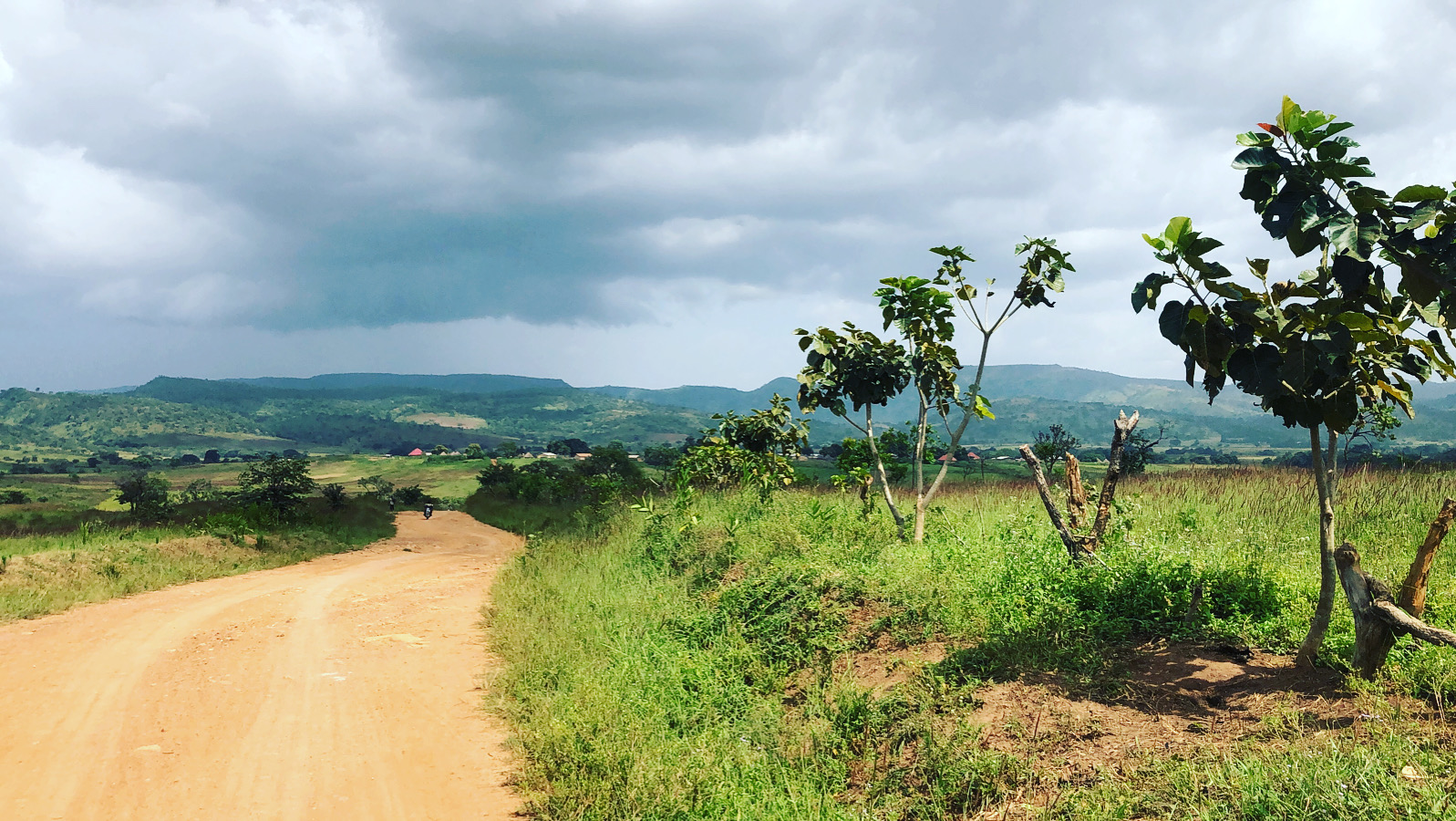Central African Republic
The country’s population of approximately 4.6 million people has been affected by political and militaristic conflicts, leading to economic instability in both public and private sectors, as well as in schools and ministerial institutions. These conflicts have had serious consequences on both the micro and macroeconomic levels, as well as on the social aspects of life.
The complexity of the conflict has been exacerbated by inter-communal and interdenominational (Muslim-Christian) tensions, making it difficult to achieve peaceful social cohesion. However, through collaboration between political authorities, civil society, and the international community, a pacification movement has been initiated, resulting in displaced persons returning to their homes. The progress made towards a peaceful coexistence between previously warring communities are still in its early stages and requires further strengthening. To consolidate this progress, J’ai Rêvé Foundation, along with international partners such as the UN, plan to implement measures.

The Republic of Guinea

